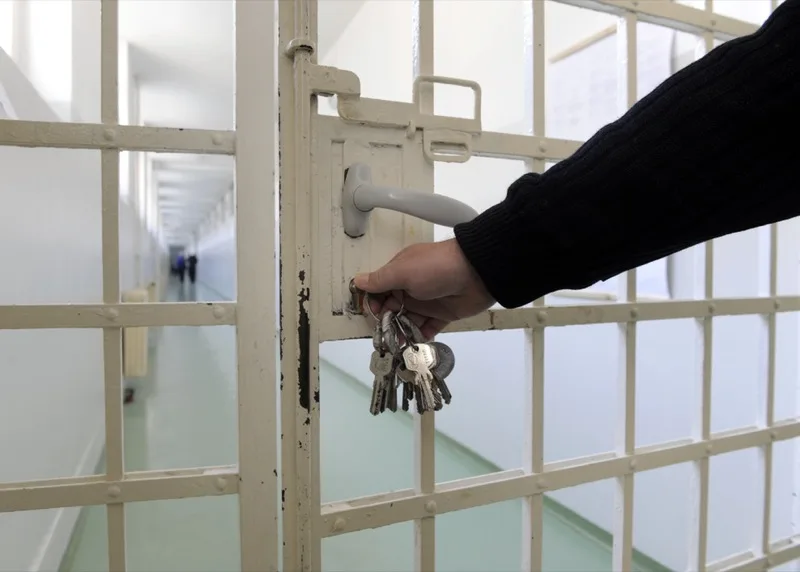
The Chief Inspector of Prisons has raised serious concerns about the potential consequences of the government’s decision to release approximately 1,750 prisoners early in an effort to address overcrowding.
This early release program, intended to ease pressure on the UK’s overcrowded prison system, has sparked warnings from experts, former inmates, and prison officials who fear it could result in a “revolving door” scenario, where many of these prisoners, lacking proper rehabilitation, will soon return to prison.
Normally, about 1,000 prisoners are released each week. However, this scheme, which adds 1,750 more prisoners to that number, will be followed by another wave of early releases in October, when around 2,000 more inmates will be freed.
One former inmate of HMP Parc in Wales has highlighted the danger of releasing “unstable” individuals who have not been adequately rehabilitated.
He cautioned that these prisoners, many of whom struggle with drug addiction and mental health issues, are at a higher risk of reoffending, posing a threat to public safety as they return to communities across the country.
Despite government assurances that the release is limited to non-violent offenders and those not convicted of serious crimes like sexual offences, terrorism, or certain domestic abuse cases, the sheer number of prisoners set for release has caused alarm.
Charlie Taylor, the Chief Inspector of Prisons, voiced strong concerns about the dangers of releasing so many prisoners at once, without ensuring they have received the necessary support and rehabilitation to reintegrate into society.
He emphasised that the early release, while relieving immediate pressure on overcrowded prisons, risks creating “more mayhem in communities” as these unprepared individuals are likely to reoffend.
Justice Secretary Shabana Mahmood stated that the prison system was at risk of collapse due to overcrowding and that releasing prisoners was the only viable solution. She argued that without these releases, the criminal justice system would have faced total breakdown, with trials postponed, arrests delayed, and overall law and order undermined.















